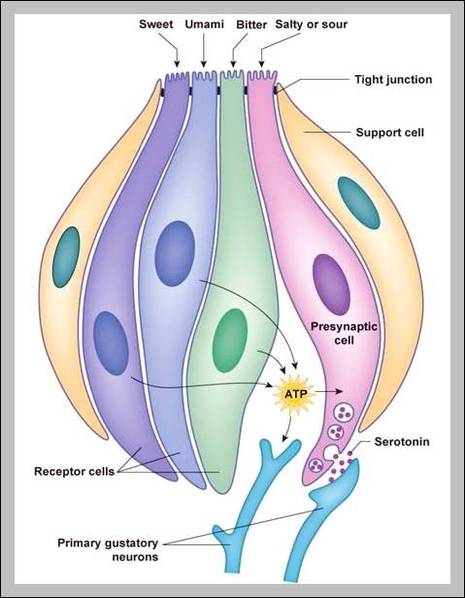
However, it is important to use distilled or sterile water and follow proper hygiene practices to avoid the risk of infection. Nasal irrigation is generally well tolerated and has minimal side effects when used properly. Additionally, it can improve sleep quality by reducing snoring and improving breathing. Studies have shown that the regular use of nasal irrigation can help clear nasal secretions, reduce nasal congestion, decrease postnasal drip, alleviate sinus pain or headaches, and improve taste and smell. The process involves flushing the nasal cavity with a saline solution using a neti pot, squeeze bottle, or bulb syringe. Nasal irrigation, also known as a nasal wash or nasal rinse, is a safe and effective method for treating nasal disease, including loss of taste and smell.



Studies have shown that olfactory training can lead to significant improvements in the sense of smell in patients with olfactory loss, even in cases where the condition has lasted for an extended period. The process involves smelling a set of specific odors, such as essential oils of lemon, clove, rose, and eucalyptus, twice a day for a certain period. Olfactory training is a noninvasive and safe intervention used to treat patients with olfactory loss, also known as anosmia. Just like going to the gym can improve your muscles, spending time sniffing different odors can help enhance your ability to detect them. Perform olfactory training with essential oils Given below are some natural remedies to help improve the loss of taste and smell.

Home Remedies That Improve Loss of Taste and Smell


 0 kommentar(er)
0 kommentar(er)
